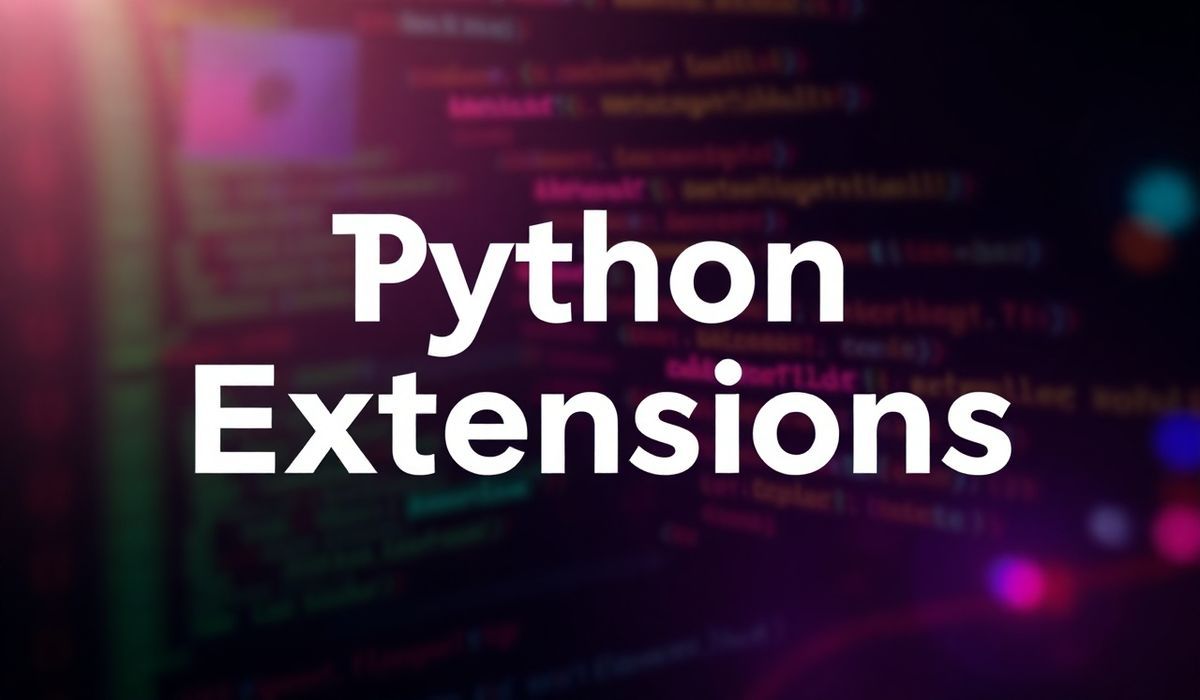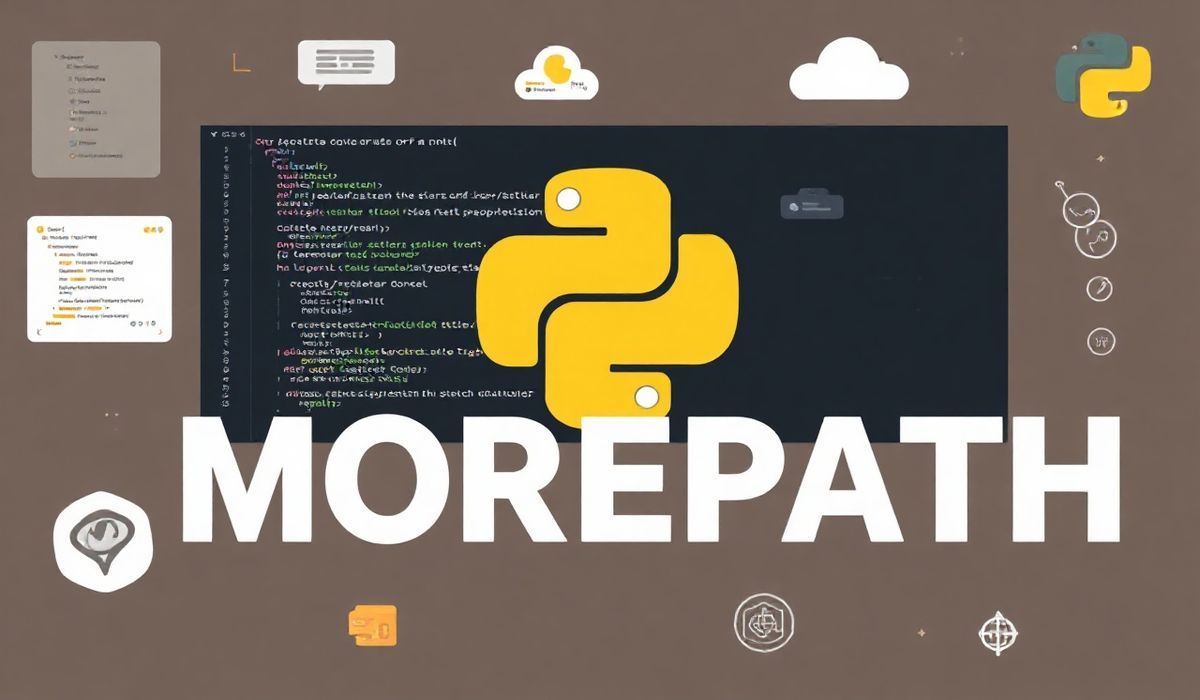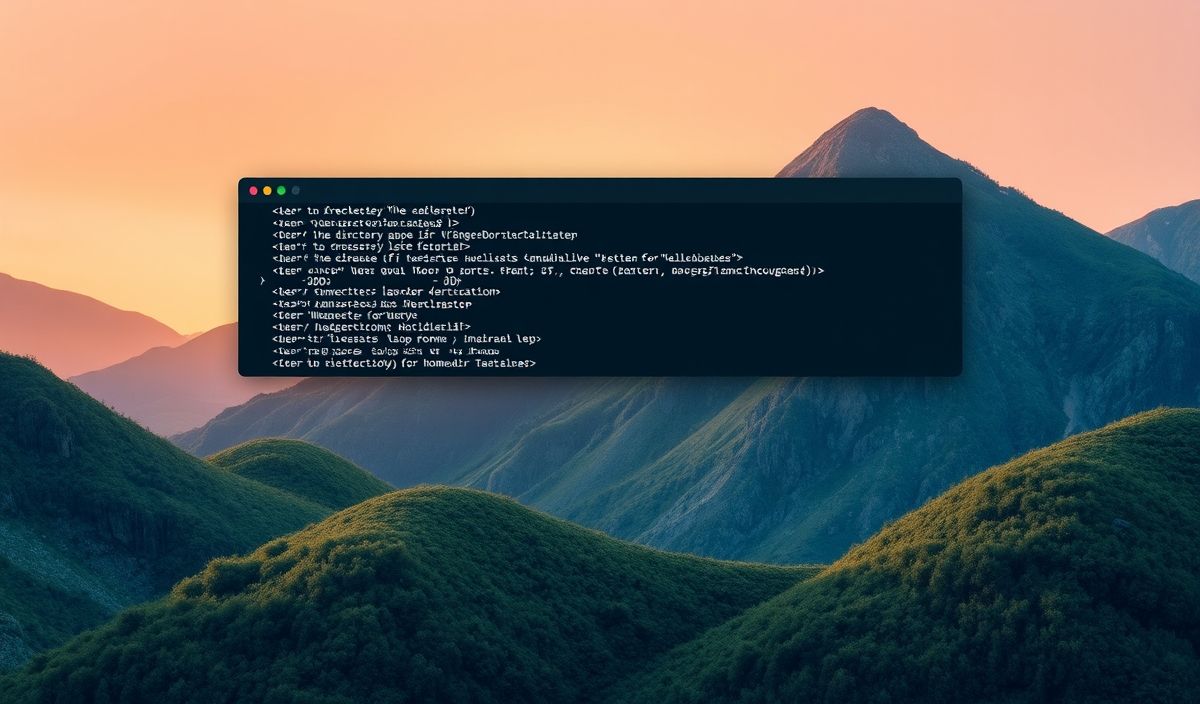Welcome to Typing Extensions
The typing-extensions module is an essential library for Python developers who work with type hints. It provides support for type hinting-related features introduced in the latest Python versions, ensuring compatibility with older Python releases. Let’s dive into an overview of its APIs, complete with helpful examples and an application to bring these concepts together.
Why Use Typing Extensions?
Many features of Python’s typing module are only available in the newest Python versions. typing-extensions bridges the gap by making these features accessible to users of older versions, extending the life and usability of your codebase.
Key Features of Typing Extensions
1. Annotated
The Annotated type attaches metadata to type hints. This can be useful for validation or documentation purposes.
from typing_extensions import Annotated
def process_data(data: Annotated[str, "Should be a JSON string"]) -> None:
print(f"Processing: {data}")
process_data("example") # Processing metadata notes
2. Literal
Ensure that a variable can only accept a specific set of values.
from typing_extensions import Literal
def greet_user(role: Literal["admin", "user", "guest"]) -> str:
return f"Welcome, {role.title()}!"
print(greet_user("admin")) # Welcome, Admin!
3. Final
Declare a variable or method that should not be overridden or reassigned.
from typing_extensions import Final API_KEY: Final = "12345" API_KEY = "67890" # This will raise a type checker error
4. TypedDict
Define dictionaries with a specific structure.
from typing_extensions import TypedDict
class User(TypedDict):
username: str
age: int
user_data: User = {"username": "JohnDoe", "age": 30}
print(user_data["username"]) # JohnDoe
5. Self
Improves type hinting in methods by referencing the current class.
from typing_extensions import Self
class Node:
def set_next(self, next_node: Self) -> Self:
self.next = next_node
return self
node_a = Node()
node_b = Node()
node_a.set_next(node_b)
6. NotRequired
Used with TypedDict to define optional dictionary keys.
from typing_extensions import TypedDict, NotRequired
class UserProfile(TypedDict):
username: str
bio: NotRequired[str]
profile_data: UserProfile = {"username": "JaneDoe"}
print(profile_data)
A Sample Application
Here’s a small web app example that demonstrates the usage of typing-extensions.
from typing_extensions import Annotated, Literal, TypedDict, Final
# TypedDict for structured data
class BlogPost(TypedDict):
title: str
content: str
status: Literal["draft", "published"]
# Final constant for an API key
API_KEY: Final = "securekey123"
# Function with Annotated type
def create_blog_post(data: Annotated[BlogPost, "Must include title, content, and status"]) -> None:
if data["status"] == "published":
print(f"Publishing blog: {data['title']}")
else:
print(f"Saving draft: {data['title']}")
# App usage
post = {
"title": "My First Blog",
"content": "Hello, world!",
"status": "draft",
}
create_blog_post(post)
Conclusion
The typing-extensions module is pivotal for enhancing the readability, maintainability, and stability of Python projects. It ensures backward compatibility while providing cutting-edge type hints. Start using it today to elevate your Python development experience!




